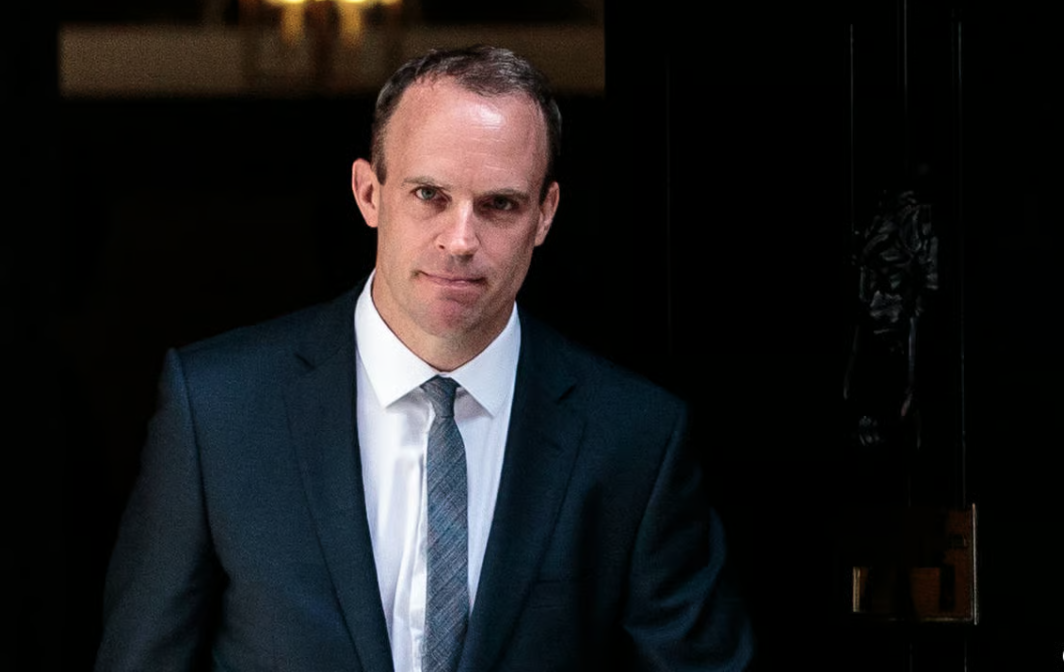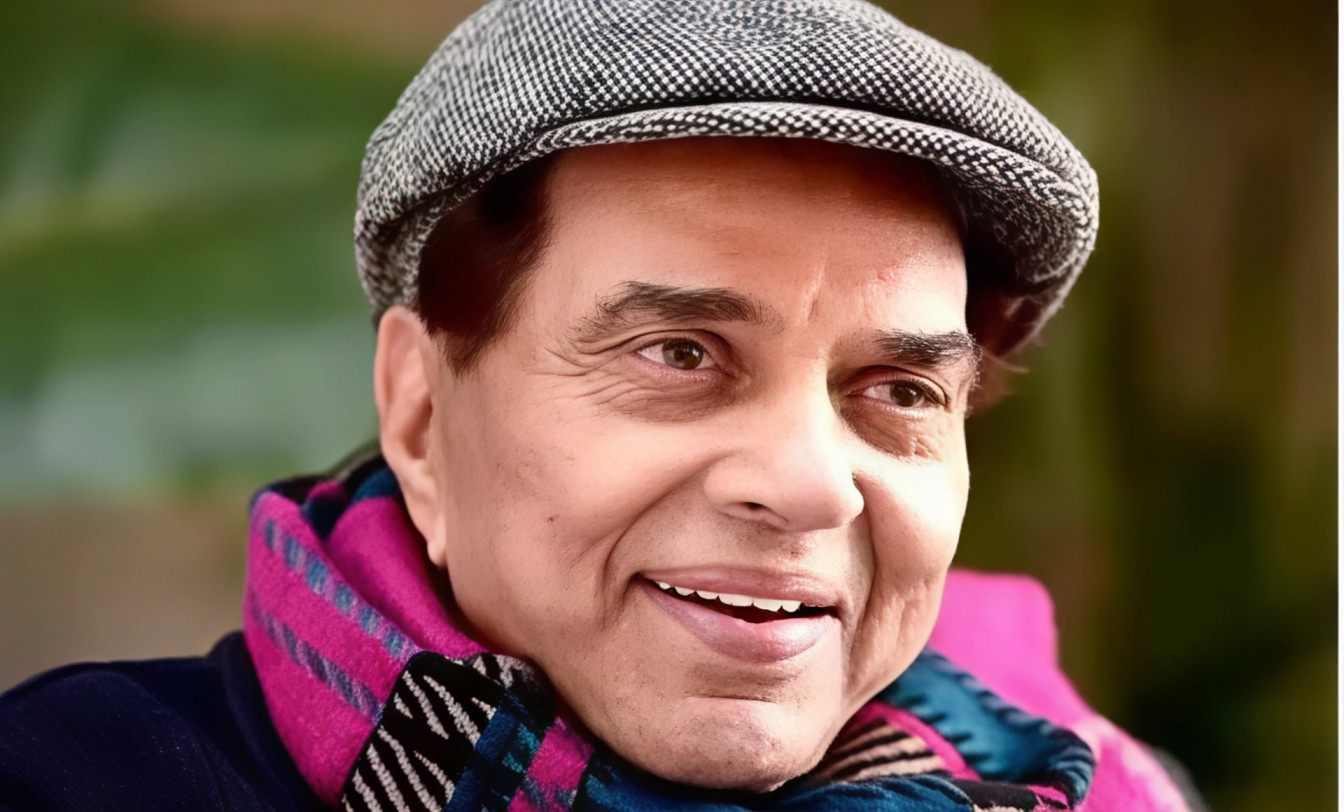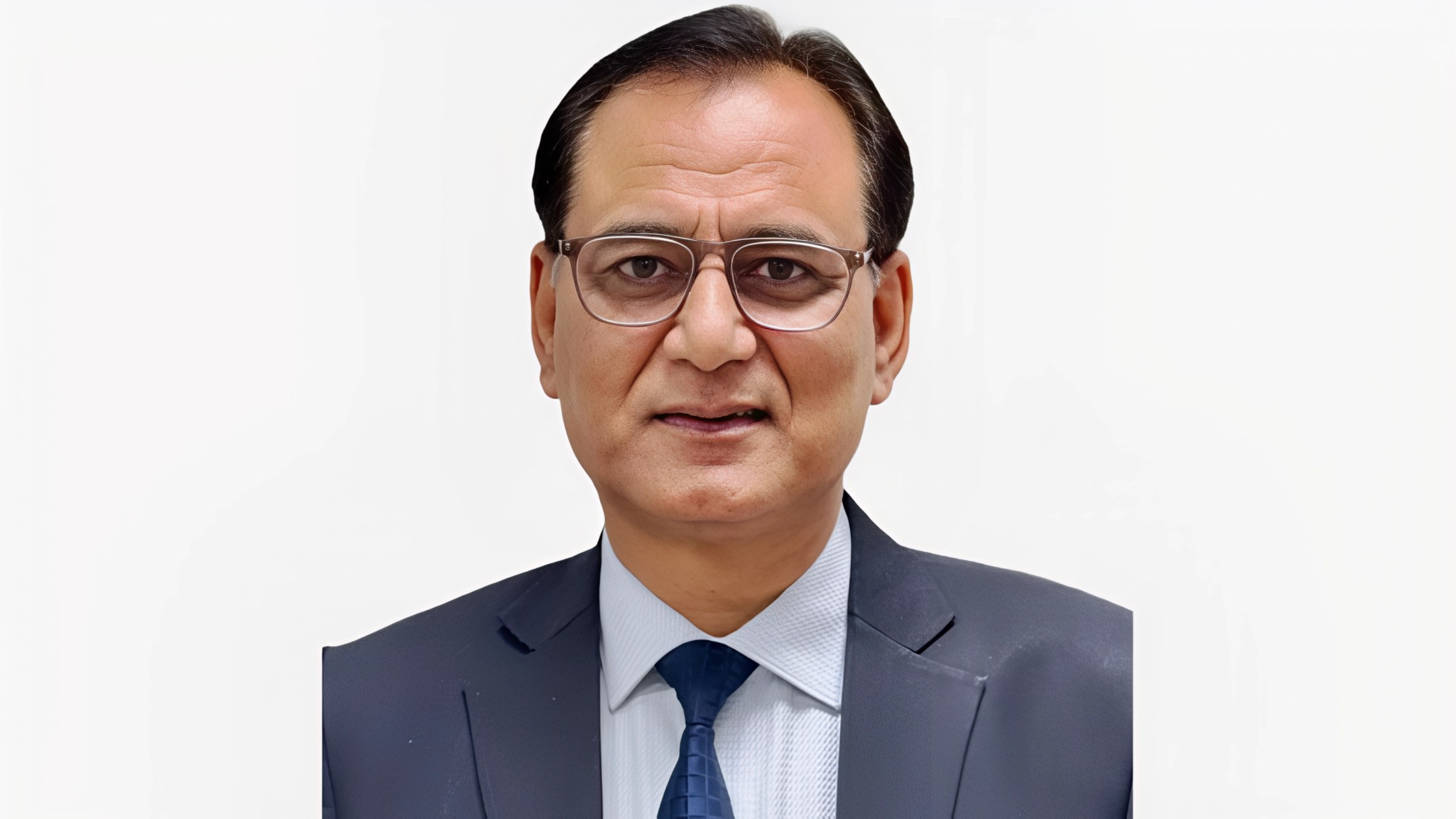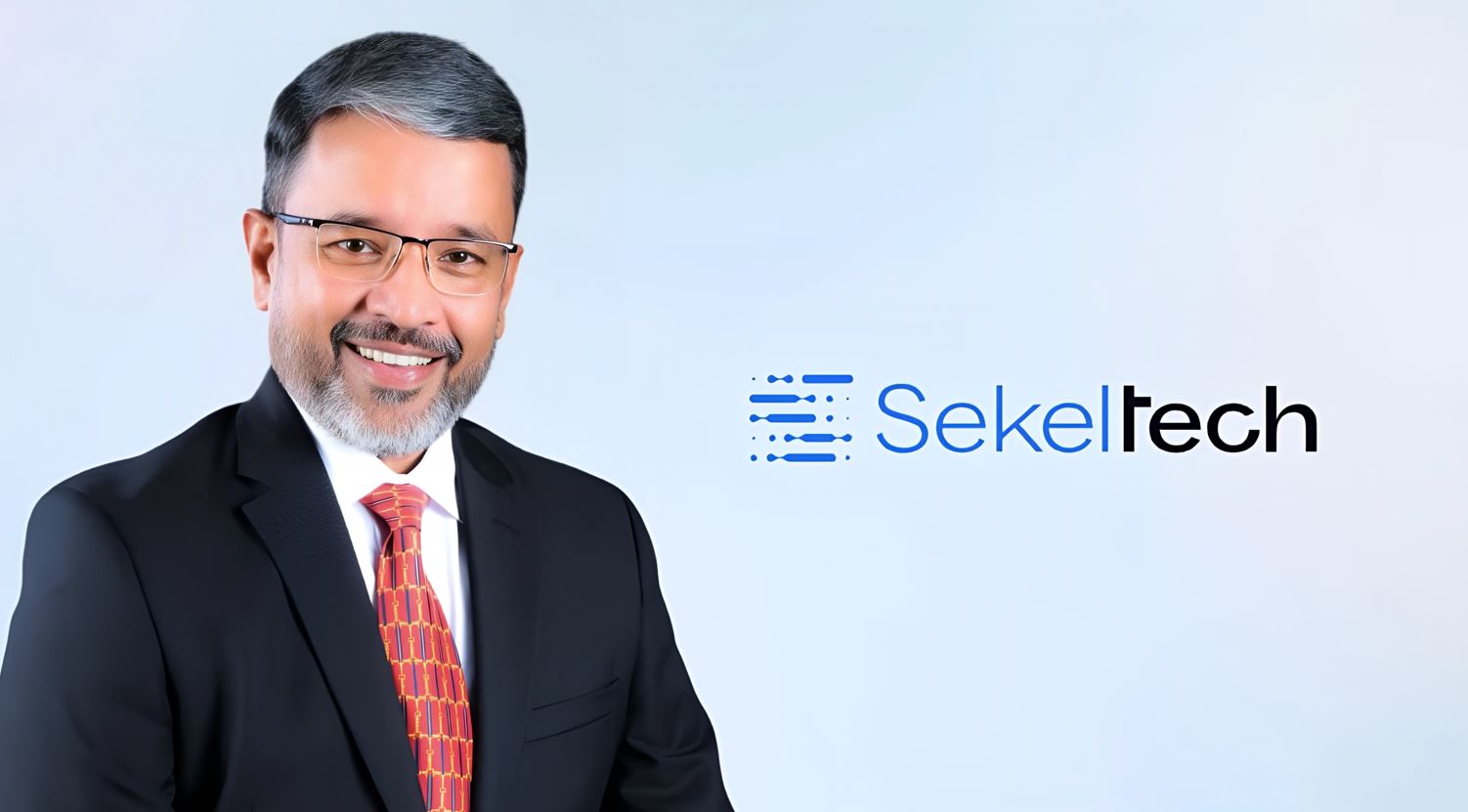In a detailed conversation with Brij Pahwa, David Raab, founder of the CDP Institute, offered a sharp analysis of how Customer Data Platforms are shifting in purpose and function in an era dominated by artificial intelligence. With AI accelerating transformation across the marketing landscape, Raab’s insights suggest that while CDPs may not be dying, they are certainly being redefined.

He explains that traditional CDPs were once central for marketers to collect and build customer profiles. Today, with much of the data already housed in data warehouses, CDPs are being pushed to evolve. Their new role involves managing identity, formatting data for various applications, and even helping orchestrate customer journeys. Interestingly, Raab questions whether we will even continue calling these systems CDPs in the future, given how complex and integrated their functions are becoming.
The conversation also explored the rise of AI powered marketing agents that could soon manage entire campaigns across platforms. While examples like Google Ads agents and Meta's ad systems are already operational, Raab expects marketers themselves will soon run fully autonomous campaigns using AI. The main hurdles remain in data access, inter agent coordination, and building trust within organizations to let AI operate without constant supervision.
ADVERTISEMENT

Raab offers a balanced view on the long standing debate between composable and all in one CDP solutions. For him, it comes down to the specific needs of an organization. He believes the bigger shift happening now is between warehouse first CDPs and those embedded in systems like CRM or eCommerce. As more tools offer built in CDP capabilities, standalone CDPs face greater pressure to prove their necessity.
When it comes to data privacy, Raab warns that the legal framework is only the beginning. The deeper challenge lies in the perception of value versus intrusion. His advice to marketers is simple but critical: use data carefully, only with consent, and always in ways that create value for the customer. CDPs, in this equation, serve as crucial guardians that ensure data is used within boundaries while helping marketers avoid accidental overreach.

On the future of MarTech, Raab highlights a few powerful shifts. He sees the growing influence of AI, more interactive and direct commerce touchpoints, tighter privacy laws, and a push toward platform centralization. But he also flags a coming disruption few are thinking about: AI agents working for buyers. As generative AI changes how users search and make decisions, marketers will need to rethink how they present products online, shifting from old SEO tactics to formats that are better understood by AI systems.
ADVERTISEMENT
Raab also touches on the unique dynamics of emerging markets like India. While technology for middle class consumers mirrors that of the West, solutions for lower income segments must adapt to different behaviors and access constraints. This opens the door for entirely new, simpler, and more affordable MarTech innovations that might benefit global markets too.

Despite the hype around AI tools, Raab does not believe they are causing distrust yet. Most AI in marketing is used in ideation or backend analytics, and human oversight still acts as a filter. But he advises marketing leaders to tread wisely. Technologies like CDPs are mature enough for direct investment, while AI should be tested through pilot projects and workflow specific implementations before committing to large scale automation.
Finally, Raab addresses the growing issue of AI washing in MarTech. With vendors labeling even basic automation as AI, he urges marketers to cut through the jargon and evaluate tools based on real capabilities rather than trendy branding.
Follow Marketing Moves on Instagram and Facebook for more insights like these.
















